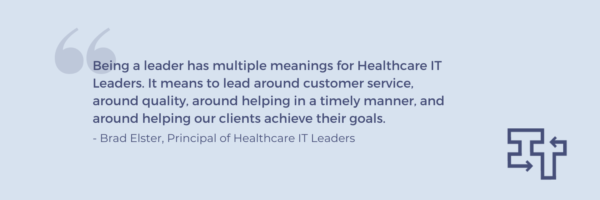During this critical time in our nation’s history, Home Health Care News remains committed to bringing you essential news related to home-based care operations. At the same time, we also recognize the seriousness of the COVID-19 pandemic. We’ll continue to highlight key developments and mitigation strategies in this rolling bulletin.
What you need to know from Tuesday (March 17)
— The Trump Administration announced another round of telehealth expansions aimed at reducing person-to-person interaction during the COVID-19 crisis.
— Florida landed an 1135 waiver from CMS, with other states likely to follow suit to support Medicaid-reimbursed home-based care providers.
— CMS issued new COVID-19 guidance for Programs of All-Inclusive Care for the Elderly (PACE) organizations.
— The Pentagon announced it will provide up to 5 million N95 masks to the Department of Health and Human Services to help protect health workers.
— The first cases of coronavirus in senior living were reported in the state of Georgia.
Partnership outlines priorities
On Tuesday, the Partnership for Quality Home Healthcare (PQHH) released a list of strategic policy and regulatory relief suggestions aimed at improving access to home health, ensuring patient safety and eliminating barriers during the ongoing COVID-19 emergency.
Among its suggestions, PQHH called for dedicated and clear telehealth capabilities for home health providers, including the use of phone-based visits.
Popular Reports
Advertisement
“This will go far in containing the virus, in assisting patients in quarantine, in monitoring existing Medicare home health patients to ensure they will continue to stay in their homes and not seek hospital or physician care,” PQHH stated. “In addition, the telehealth rules should be modified to allow home health clinicians to bill directly for services provided.”
PQHH also called for clarity around Medicare’s homebound requirements and asked that policymakers ensure home health providers’ access to personal protective equipment (PPE).
“PPE supplies are running low but are critical to preventing exposure during home health visits of COVID-19 positive or quarantined patients that could harm home health workers or spread the virus to other homebound patients,” PQHH noted.
What you need to know from Monday (March 16):
— New York Governor Andrew Cuomo called attention to the likely capacity challenges U.S. hospitals will face moving forward; hospital-at-home models could be key to boosting capacity.
— Stocks plunged once again, With the Dow dropping 2,997 points and trading paused for 15 minutes after rapid selloffs.
— On Sunday, The U.S. Centers for Disease Control and Prevention (CDC) recommended that no gatherings of 50 or more people take place over the next several weeks.
— Also over the weekend, the U.S. Centers for Medicare & Medicaid Services (CMS) issued an 1135 waiver to relax certain rules and Conditions of Participation (CoPs) for certain Medicare health care providers.
— The cost of in-patient admissions for COVID-19 treatment could top $20,000, a price tag that places a premium on preventative home health and hospital-at-home treatment.
Read: “Hospital-at-Home Programs Ready to Play Critical Role as Coronavirus Cases Spike”
CMS provides home health relief
CMS provided relief to home health agencies, specifically creating flexibilities around timeframes related to OASIS transmission. CMS also announced that it is allowing Medicare administrative contractors (MACs) to extend the auto-cancellation date of Requests for Anticipated Payment (RAPs) during emergencies.
“It remains vital that our health care system be equipped to respond effectively to the additional [COVID-19] cases that do arise, that federal requirements designed for periods of relative calm do not hinder measures needed in an emergency,” CMS Administrator Seema Verma said in a statement. “These temporary blanket waivers – offered to providers and clinicians across the country – are reserved for the rarest of situations. They represent a massive mobilization of our country’s resources to combat this terrible virus. In a time of emergency, the health system needs maximum flexibility to respond appropriately.”
House passes coronavirus relief package
On Saturday, the U.S. House of Representatives passed bipartisan legislation in response to the spread of coronavirus.
Among its provisions, the relief package would provide paid emergency leave with two weeks of paid sick leave, in addition to up to three months of paid family and medical leave, according to House Speaker Nancy Pelosi (D-Calif.).
The Senate is in the process of reviewing the legislation, with some hinting that substantive changes will be needed for it to pass.
Home health legal experts previously told HHCN that a federally mandated sick leave policy would be devastating for some in-home care agencies.
“We are already seeing market consolidation as a result of PDGM and certain regulatory burdens that make it challenging for a smaller provider to keep up, and I fear this would add more fuel to the fire,” Angelo Spinola, an attorney and shareholder at San Francisco-based Littler Mendelson, said. “If these agencies are over-regulated to the point of going out of business, our seniors and their families may be forced to the grey market of less qualified, unsupervised caregivers.”
HHCN encourages you to reach out to us individually or at [email protected] for story ideas, tips or general feedback.
